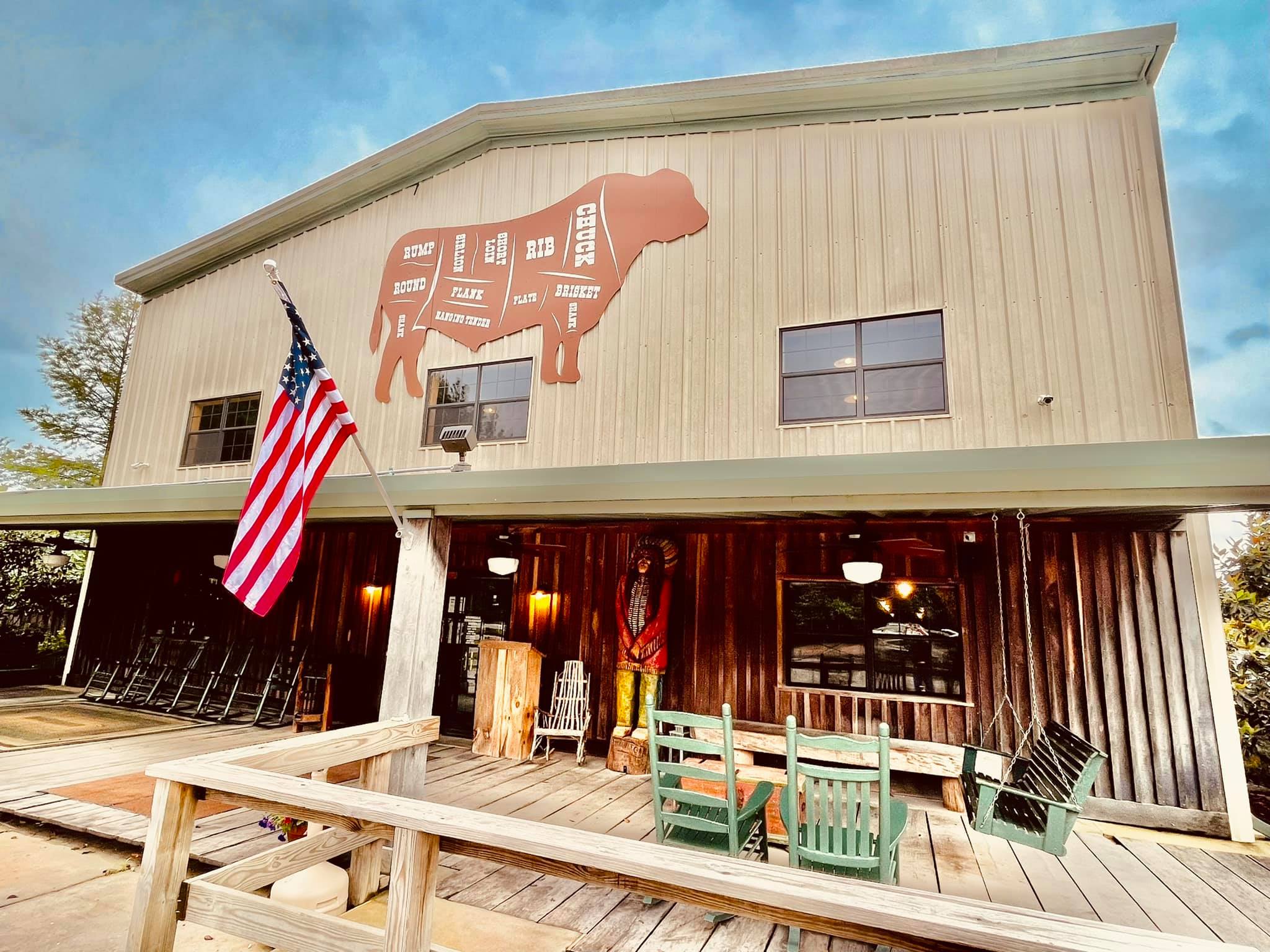‘Behavioral Expectations’: Oxford Police Chief weighs in on Downtown District Ordinance
Published 10:30 am Friday, July 27, 2018
After more than a month of discussions about the ordinance formerly known as the Downtown District Ordinance, Oxford Police Chief Joey East wants people to know their voices have been heard.
More than 10 hours’ worth of public hearings have been held, leading to a variety of changes from the original document presented to the public. The geographic boundaries of the ordinance were expanded from two blocks to the entire city. And, East said he’s glad the public has taken such an interest, because each draft is an improvement on the last.
“We’re listening and hearing everything that’s being said. I can’t say we get it right every time, but every time we change it, it gets better,” East said. “Some people get up there and say, ‘I know your mind’s set in stone.’ My mind’s set in stone that we need to some things different going forward.”
The ordinance addresses a variety of issues, and some have cause more concern for residents than others. At the end of the day, East said, it’s all about keeping people in Oxford safe.
Making sure businesses have adequately trained staff members is part of ensuring that safety. However, East said, he’s found that many businesses don’t have a form of adequate training for situations as serious as a shooting or as commonplace as de-escalating a situation and removing a disruptive patron.
“If you train on something, no matter how scared you get, you will react the way you’re taught. Like a tornado drill, you know what to do,” he said. “What I’ve found through this is, no one has an action plan. They don’t know how to communicate with each other, sometimes the security doesn’t know how many exits there are or how to get there. Some of them don’t know how to get someone who’s been over-served out. They don’t know how to handle conflict.”
For an example where better training was needed, East cited a recent video that went viral on the Old Row social media accounts. In the video, a seemingly intoxicated patron is seen shouting at a security guard at a bar on the Square after being removed from the business. The security guard then engages in the argument and hits the patron, knocking him aback.
Instead of handling the situation that way, East said, the security guard could have closed the door, walked away or used various other de-escalation techniques to diffuse the situation.
East also said OPD will be on hand to help business owners as much as they can without it becoming a liability. But at the end of the day, he said, it comes down to some degree of policing oneself.
“If you look at best practices from a law enforcement standpoint and from what bars and restaurants are teaching, it should be identical. This is what we’re trying to implement to make things safer. When you talk about safety, these are the things we want,” he said. “I don’t necessarily want my 24-year-old daughter – who goes to the Square – to go over there and get hurt because somebody’s got an untrained employee.”
To supplement the training OPD can provide, East said there are a variety of online programs available for bar owners. The programs place employees in a virtual classroom and can help both wait staff and security staff learn ways to appropriately handle situations in which harm might come to them or their patrons.
Another issue that’s been a hot topic of discussion is the use of ID verification technology. In its original draft, the ordinance required all businesses with age-restricted entry to purchase and use ID scanners to ensure no underage persons were being served alcohol. However, objections from business owners about cost and effectiveness, as well as consultation with officials from the Alcoholic Beverage Commission, led the aldermen to deem the use of ID-verification apps acceptable.
Regardless of the method business owners choose, East said he understands their concerns. He also said he agreed with ABC Chief of Enforcement Rusty Hanna’s suggestion from a previous report in the EAGLE.
“I think a lot of the kickback from some of the owners, and I don’t believe they’ll ever come outright and say that is an issue, but this will cut into profit margins. When you cater to a university environment, and figure at least 70 percent are under drinking age, you’ve got to know you’re serving that group,” East said. “[Hanna] had a good way to counter it. If they’re 18, let them in and mark them differently so that you can monitor the people who shouldn’t be drinking. That’s where the appropriate staffing and security comes in.”
If underage patrons succeed in evading ID verification technology because of the sophistication of a fake ID, East said, “we’ll adapt.”
Perhaps the biggest issue, or at least the one that has garnered the most public outcry, is the section of the ordinance that applies only to businesses operating under Mississippi Code Annotated Section 67-1- 5(m)(ii), also known as “event venues.” The only event venue in the city of Oxford is the Lyric Theatre, and its owner, Bradley Bishop, released a June 16 letter expressing the way he felt the business was being unfairly targeted.
Community members of all ages have also spoken in public hearings, and a petition sent out by the Lyric received over 1,500 signatures.
Originally, the ordinance would have required the Lyric to submit all scheduled events for approval by the police chief or an appointee. However, discussion in private meetings and during public hearings led to the removal of any language implying that events could be rejected. The ordinance now reads that event venues must provide notice of events.
The reasoning behind addressing the problem, East said, was not an issue with public events such as concerts, but with private events. Both Bishop and East have stated that the Lyric notifies OPD of the events it’s hosting, but East said the notice doesn’t always include a description of the type of event. This is particularly an issue, he said, if a third-party entertainment company is in charge of the event.
“The intent was never to try to discredit or say they couldn’t have events. It was simply for us to be notified of large events,” East said. “We’re always at a struggle to find out what [private events] are – is it a wedding, a bar mitzvah, a DJ, a live band?”
It comes down to a breakdown in communication, East said. However, he stressed that neither he, nor the mayor or board of aldermen ever wanted to discourage people from coming to the Lyric.
“Here’s another thing that [people] don’t know from my point of view: it’s never the entertainer. It’s always what comes with the entertainer,” he said. “What if an [entertainment company] brings in an alt-right speaker? If I don’t know because it’s a private event, how do I plan for that?”
At the end of the day, East said, he’s concerned with the welfare of those who frequent the downtown area and other places within the city where safety could be compromised.
Working together with business owners to formulate the best solutions is the most logical way to make sure everyone is aware of and applying best practices, he said.
“Oxford Police Department is preparing to establish behavioral expectations around town,” East said. “Regardless of ordinance, we’ve got to continue on and we’ve got to say that we have behavioral expectations in neighborhoods, our downtown area and restaurants.”





